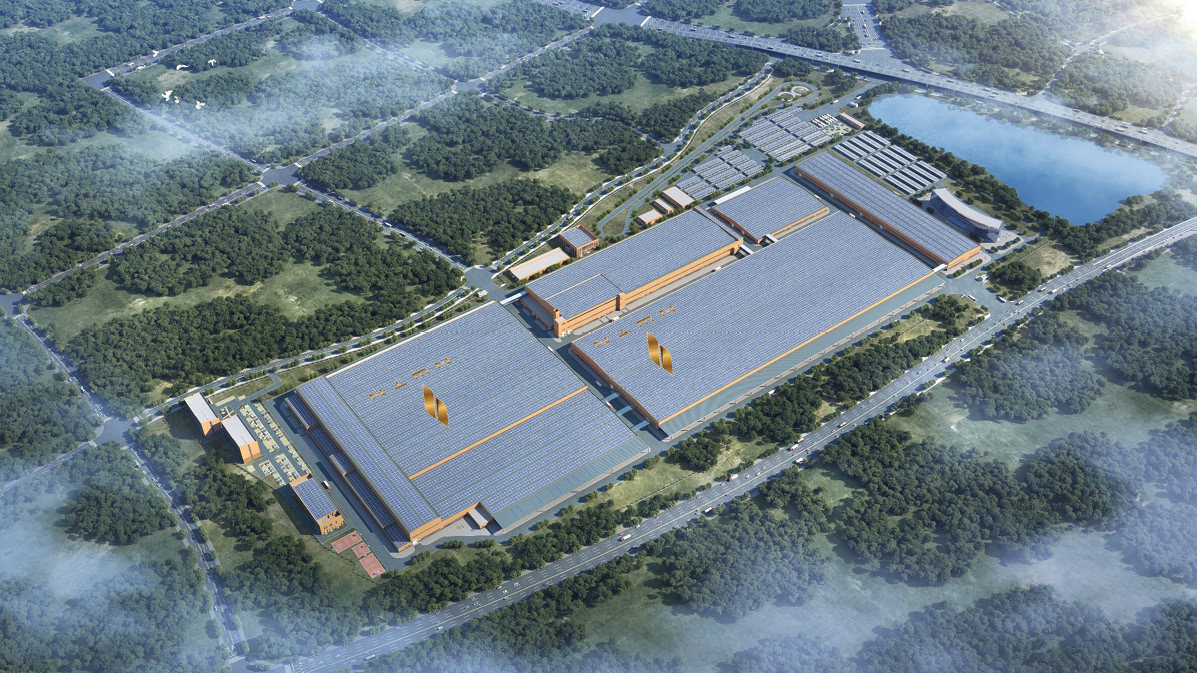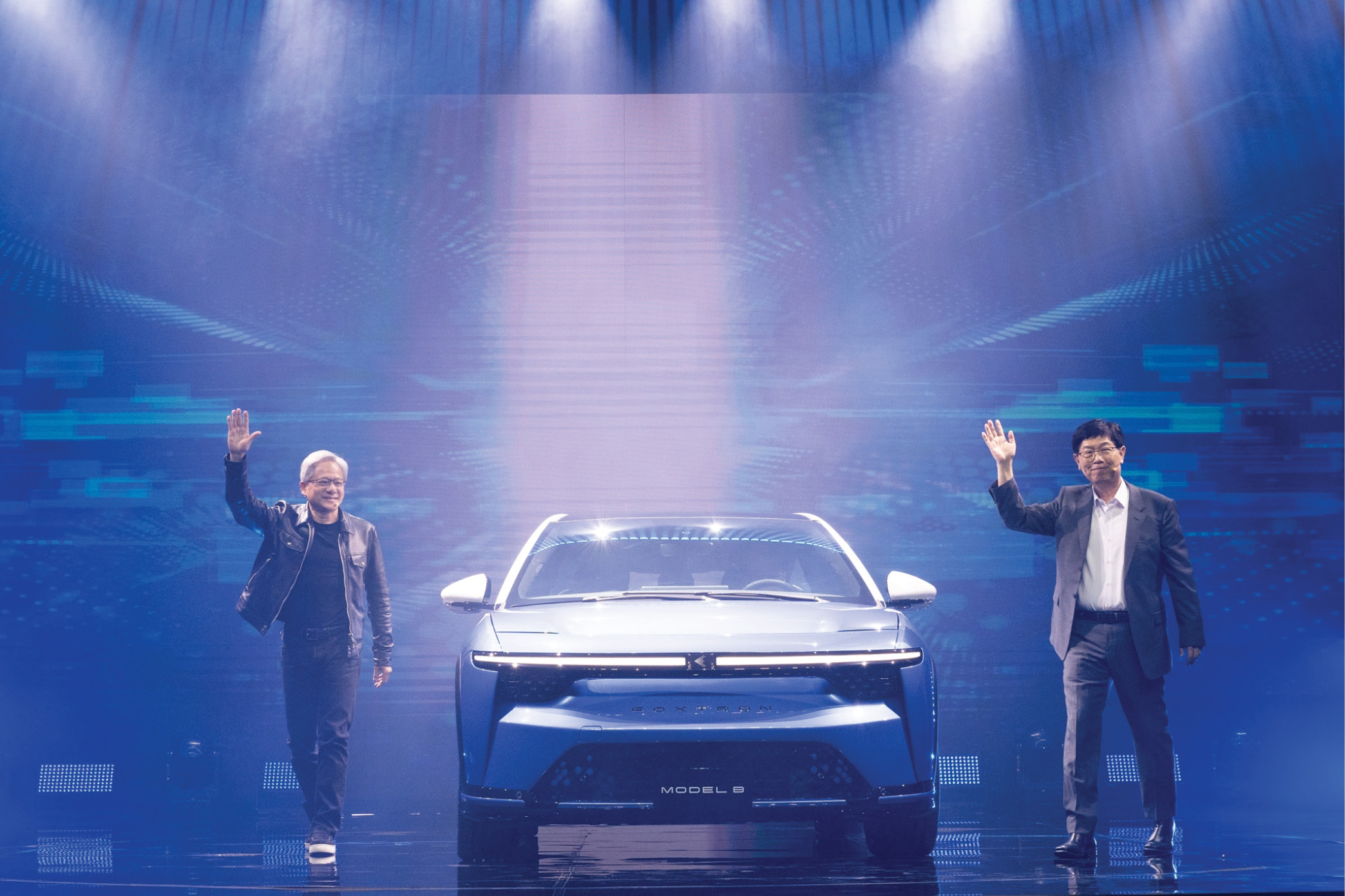It’s safe to say the pace is electrifying.
Since the beginning of 2022, Site Selection’s Conway Projects Database has qualified more than 840 major corporate facility investments in the automotive sector. That equates to six announcements, grand openings or groundbreakings per week.
Three-quarters of those investments are in North America: 509 in the United States, 88 in Mexico and 34 (many of them huge) in Canada. But where are automotive companies investing everywhere else in the world?
Listed here are the top 10 countries for the remaining 210 projects, with clusters continuing to develop in Southeast Asia and in Eastern and Central Europe.

Rendering courtesy of NWTN
Twenty of these projects involved more than $1 billion in investment, led by Tesla’s $5.5 billion gigafactory in Berlin, Germany. Tesla reported in its latest earnings statement that Model Y remained the best-selling vehicle of any kind in Europe year-to-date through August, with plans to gradually ramp up production of the vehicle in Berlin just as the company is doing at its gigafactory in Texas. Meanwhile, its Shanghai gigafactory continues to produce at nearly full capacity.
In Jinhua, China, UAE-based NWTN is investing $1.4 billion in a new EV plant as it pursues a similar factory in Abu Dhabi. The 4-million-sq.-ft. plant is expected to have production capacity of 100,000 vehicles a year. The company calls it “one of the key projects in Zhejiang Province, China and the first high-end manufacturing project in Jinyi New District of Jinhua City.”
Hyundai Motor Group in October announced a $500 million plant investment in Saudi Arabia that will create “thousands of jobs” in partnership with Saudi Arabia’s Public Investment Fund (PIF). “PIF announced recently the launch of Tasaru, the National Automotive and Mobility Investment Company, which is dedicated to localizing automotive supply chains and manufacturing capabilities,” Hyundai said in a release. “In addition, PIF and Saudi Electricity Company announced the Electric Vehicle Infrastructure Company, with plans to install over 5,000 electric car fast chargers across Saudi Arabia by 2030.”
Hyundai’s plans for its home country continue to grow. In addition to a 150,000-units-per-year plant at its primary site in Ulsan, it’s also pursuing a Kia plant with the same annual capacity in Hwaseong. Both plants are expected to be complete by 2025. The company in April pledged to invest 24 trillion won (US$17.8 billion) in EV projects by 2030. Meanwhile, the company added to its global portfolio in India by acquiring GM plant assets in Talegaon that it says will combine with its plant in Sriperumbudur (Chennai) to help the company produce 1 million units per year in India.
Mumbai-based conglomerate Mahindra Group has committed 100 billion rupees (around $1.2 billion) toward a new EV plant near Pune. Passenger car sales in India are expected to surpass 5 million in 2030.
India is also a target market for a name familiar to the world but unfamiliar as a vehicle manufacturer. Hon Hai Technology Group (Foxconn), known as the maker of iPhones for Apple among other products, has gotten into the vehicle game. In October at its Hon Hai Tech Day in its hometown of Taipei, the company unveiled a new electric cargo van, provided updates on mass production plans for its crossover and family SUV models and, oh yeah, “disclosed the imminent launch of its first self-developed prototype low-Earth-orbit satellite.”
With representatives from partners such as U.S. chipmaker NVIDIA and German automotive supplier ZF Group on hand, Foxconn Chief Strategy Officer for EVs Jun Seki said the company’s accelerated development for EVs is based on modular components in the supply chain and a platform-based development strategy. “India and Japan should be the next great potential for EV development,” the company said. Plans to build EVs at Lordstown Motors in Warren, Ohio, disintegrated in summer 2023 as Lordstown filed for Chapter 11 bankruptcy protection and sought remedy for Foxconn’s failure to live up to its investment agreement commitments. In addition to the potential location of facilities in Japan or India, Foxconn operates a vehicle plant in Taiwan and, according to press reports, has plans to locate a facility in Thailand.
“The first passenger electric SUV made under Foxconn’s CDMS [contract and design manufacturing service] business model received an official license plate in Taiwan,” Hon Hai said at its event. “Hon Hai will mass-produce and deliver the vehicles in November.”
“The electric vehicle business is growing rapidly in the Asia Pacific and global markets with a promising future,” said ZF Group CEO Holger Klein. “ZF Group has been operating in Taiwan since 1988, and our business partnership with Hon Hai will further strengthen our presence in the Asia Pacific region and globally as we move towards next-generation mobility.”

